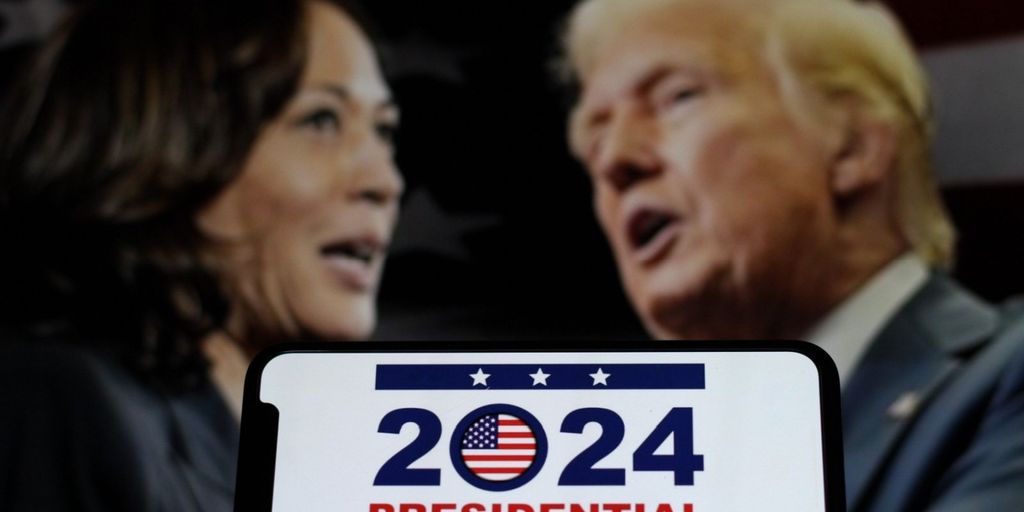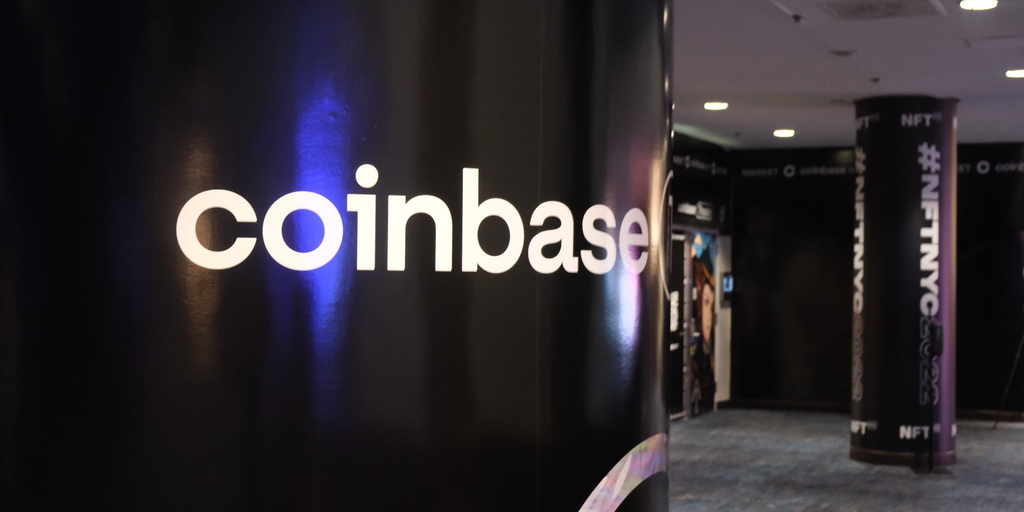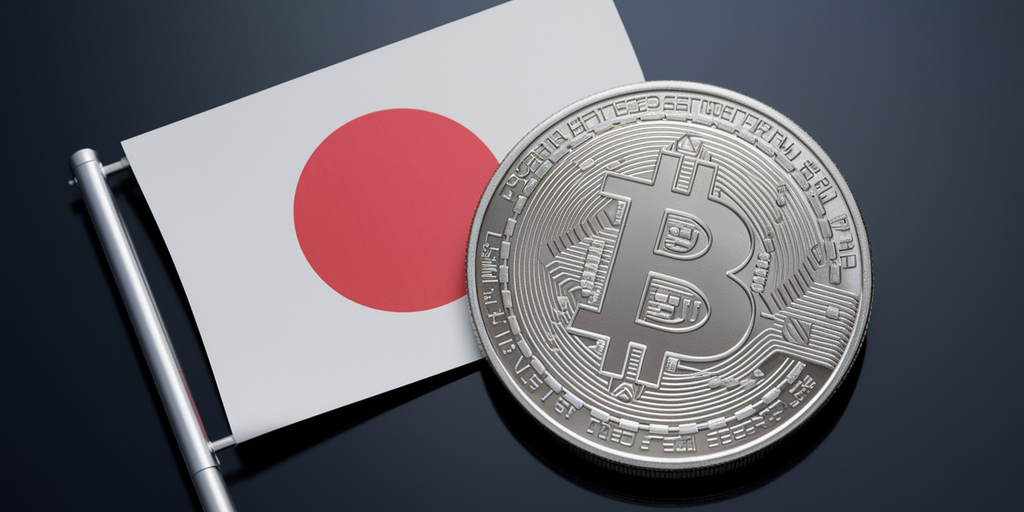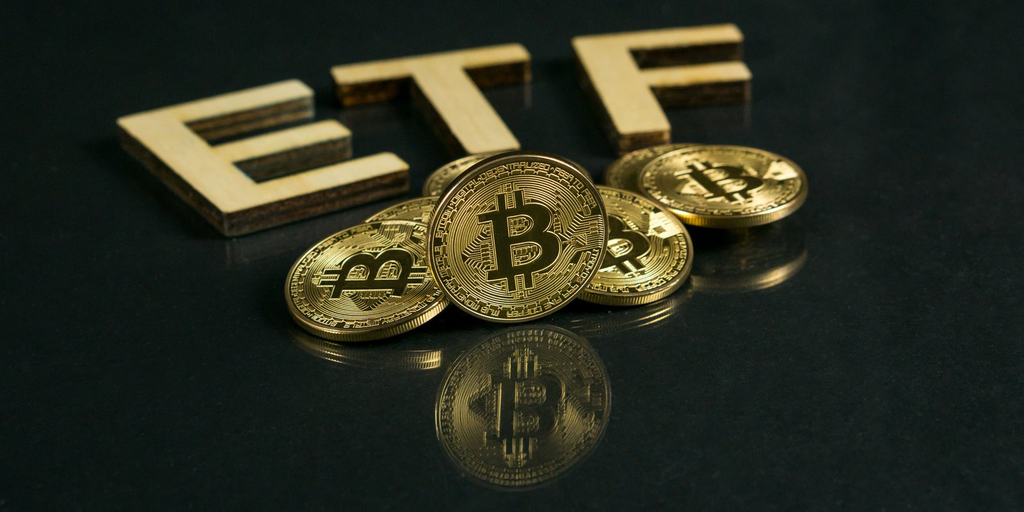This week in coins. Illustration by Mitchell Preffer for Decrypt.
It was the fifth consecutive week of either flat prices or losses, but flatness suddenly looks a little more promising than usual. New data from Kaiko finds that Bitcoin is less volatile than equities for the first time in two years, as BTC appears to be decoupling from the stock market.
Bitcoin and Ethereum each barely budged (up less than 2%) in the past seven days. BTC currently trades for $19,202, while ETH changes hands at $1,302 at the time of writing. =
The past week’s biggest losers among the best-known names were Solana (SOL), which dropped 6% despite continued indicators of NFT growth on Solana, XRP, which dropped 4% despite Ripple general counsel Stu Alderoty touting that Ripple obtained the SEC emails it had been fighting for, and Cardano (ADA), down 4%.
The largest gain of the entire top 20 was a mere 4% rally in the past week for Polygon (MATIC).
Crypto winter chills
Regulators continue to dig into crypto. The SE and CFTC are investigating bankrupt crypto hedge fund Three Arrows Capital (3AC) to see whether it “violated rules by misleading investors about the strength of its balance sheet and not registering with the agencies,” according to reports at the start of the week.
3AC was one of the biggest casualties of the industry’s liquidity crisis, which has been ongoing since Terra’s collapse back in May. At the time it filed for bankruptcy, 3AC owed at least $3.5 billion to its creditors.
On Wednesday, Berlin’s crypto-integrated bank Nuri announced it was shuttering operations due to the “insuperable” challenges of attracting investment or an acquisition bid.
Formerly known as Bitwala, Nuri filed for insolvency in August this year after cutting 20% of its workforce as the firm struggled with the bear market.
Nuri also referred to now-bankrupt crypto lender Celsius as “one of our main business partners,” whose own insolvency “worsened the situation significantly and put us over the edge.” Nuri says its customer assets are secure and unaffected by the company’s insolvency and that they can continue crypto trading until the end of November.
Dispatches from Washington
On Wednesday, a copy of the in-progress Digital Commodities Consumer Protection Act (DCCPA), a bill outlining how the CFTC would regulate the crypto industry, was uploaded to GitHub by Gabriel Shapiro, a crypto attorney and general counsel at Delphi Labs.
The DCCPA was introduced by Senators Debbie Stabenow (D-MI) and John Boozman (R-AR) in August and has garnered support from Coinbase and FTX CEO Sam Bankman-Fried for offering an alternative to what several have perceived as a regulation-by-enforcement strategy from the SEC.
Over 18 months and 6 court orders later, we finally have the Hinman docs (internal SEC emails and drafts of his infamous 2018 speech). While they remain confidential for now (at the SEC’s insistence), I can say that it was well worth the fight to get them.
— Stuart Alderoty (@s_alderoty) October 20, 2022
Stuart Alderoty, the general counsel of XRP progenitors Ripple, on Thursday broke the news that Ripple’s defense had finally gotten its hands on a trove of internal SEC emails and documents. Ripple has been facing a lawsuit from the regulator for almost two years, after the SEC alleged that XRP was being sold as an unregistered security. The materials in question—dubbed “the Hinman documents”—concern former SEC director William Hinman and his much-publicized speech at a Yahoo Finance event in 2018 declaring that Ethereum—like Bitcoin—was “sufficiently decentralized” and not subject to federal securities regulation. Alderoty tweeted that after 18 months, access to the discovery collection was “well worth the fight.”
Stay on top of crypto news, get daily updates in your inbox.
Source link













